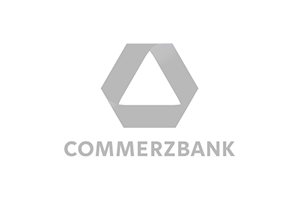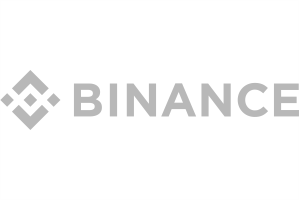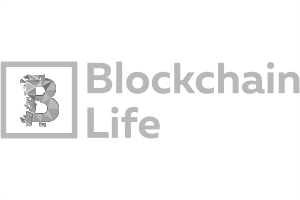But regarding their use, local regulators focus on many aspects:
- rapid price changes and lack of legal protection mechanisms;
- potential for illegal use;
- significant risks associated with theft or loss;
- lack of insurance.
In 2017, the authorities obligated all cryptocurrency exchangers operating in the country to be authorized and issued the first two official cryptocurrency exchange licenses in the Philippines for the cryptocurrencies exchange. The Philippines Regulator, the Securities Commission, has announced its cooperation with the Central Bank in developing final versions of legislative enactments, rules for joint supervision of virtual currency exchanges, and trading platforms regulation.
In mid-2018, exchangers, registered officially outside of the state, received temporary licenses for cryptocurrency in the special economic zone of Cagayan. To be legalized and to receive permission for 1 year, companies from Thailand and Hong Kong had to pass through a trial period, prove that they are ready to invest in the infrastructure building, and invest by $ 1 million each. In the autumn of the same year, legal acts concerning ICO were developed in the country.
Since 2021, the licensing regime has been extended to all market operators. Now, operations for the exchange and storage of crypto assets are under license, as well as operations with derivatives. All operators in the market must obtain a license to work with crypto assets, remain in compliance with applicable risk management policies, as well as anti-money laundering, and combat the financing of terrorism. Thus, the local regulator (the Central Bank of the Philippines) aims to strike a balance between the need to introduce innovations in the financial industry, as well as the implementation of supervision functions. In 2021, the number of registered exchanges was 18. The Central Bank of the Philippines calls for dealing only with registered exchanges.
Licensing regulations in the Philippines
Each exchange is obliged to be registered, ensure the safety of customers and investors, and provide information proving that the exchanger undertook measures for protection against money laundering and fraud.
The measures to be taken in that respect included:
- development of internal policies for working with crypto assets;
- identification of clients and storage of information that concerned them.;
- continuous monitoring of operations;
- keeping records of all transactions carried out;
- reporting on the work of a cryptocompany;
- educating employees on combating money laundering of proceeds of crime and financing of terrorism.
Cryptocurrency exchange license in the Philippines will be issued if the company:
- was registered in the country or documented as a startup;
- paid the entrance fee;
- passed safety, financial and legal fidelity checks – created protocols, risk descriptions, KYC procedures;
- created a technical “foundation” for operation – carried out API integration, etc.
The Regulator of the Philippines does not return entrance fees and dues, so it is necessary to prepare carefully for the procedures passage. Experts of “Aotopay” company will check, draw up documentation, develop regulations, provide organizational and legal support. We will do everything so that the customer would legalize the cryptocurrency business and proceed to work promptly.








